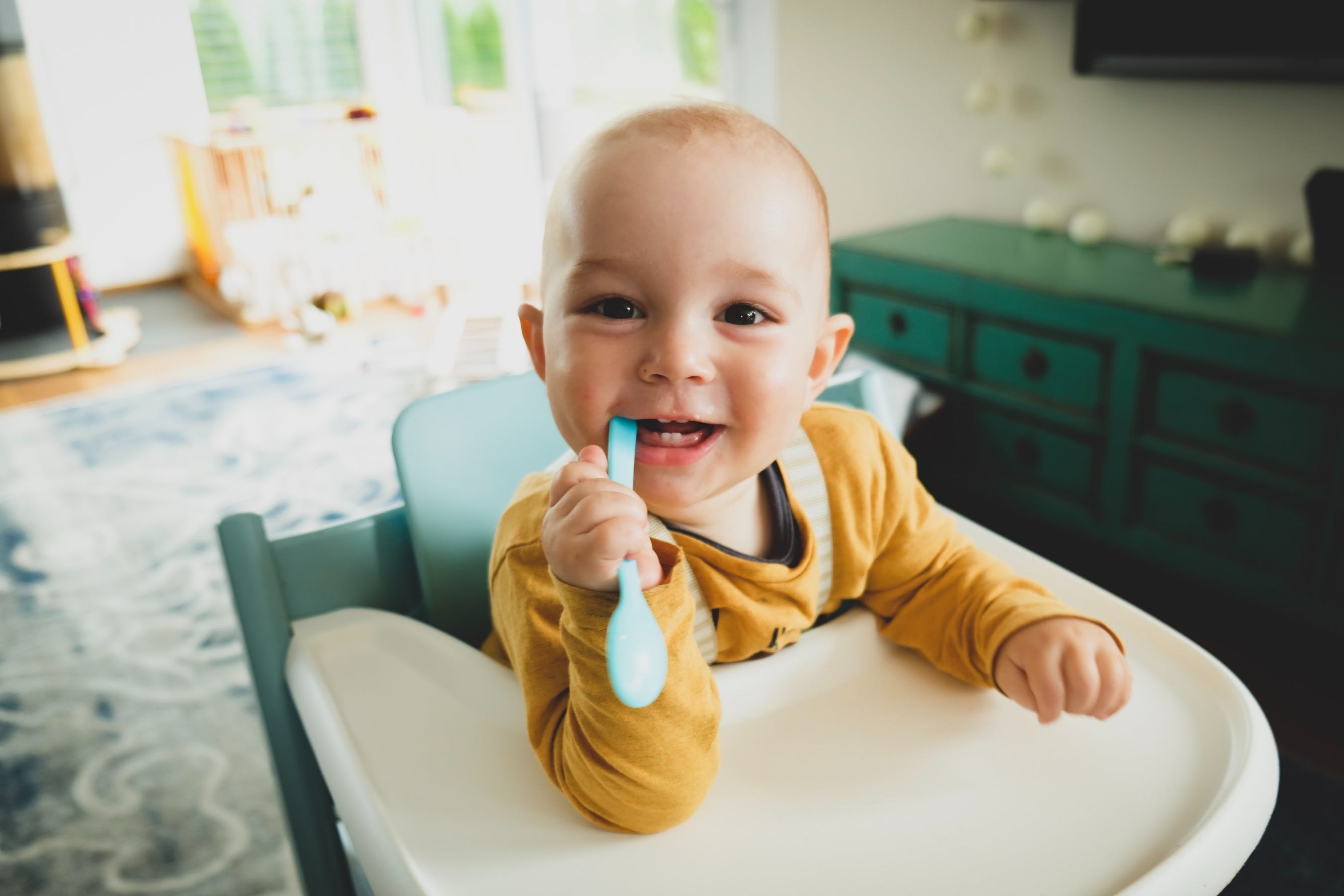
Moms are superheroes – they get the kids dressed, fed and off to school and activities (plus these days many have played the role of teacher, lunch lady, principal and PE teacher). Moms also make sure that kids brush and floss their teeth and take care of their personal wellness, but being so focused on the care of their children and others, moms often end up neglecting their own health.
Does Dental Health During Pregnancy Affect Baby’s Teeth?
Yes! Healthy habits should start before baby is born because a mother’s oral health is connected to that of her unborn baby. Pregnant women with gingivitis have an excessive amount of bacteria growth in their mouths. This bacteria can travel through the bloodstream to the uterus and can cause premature labor and low birth weight. A mom’s first line of defense is to brush her teeth for two minutes twice a day, floss once a day, and make regular visits to the dentist to check for signs of pregnancy gingivitis.
Do Mom’s Teeth Impact Baby’s Teeth after Birth?
Yes – Cavities are contagious! When babies are first born, they enter the world without any of the harmful bacteria in their mouth which cause cavities. Cavity-causing bacteria is easily passed from parent to child via the sharing of cups, utensils, food and other forms of unintended saliva transfer. So if mom fails to brush and floss her teeth properly, it could ultimately lead to her child suffering from tooth decay, cavities and other oral health problems.
How Can Mom Keep Her Teeth and Baby’s Teeth Healthy?
- Brush your teeth twice a day and floss once a day. Brushing and flossing regularly is the number one way to prevent oral health problems in mom. Starting at birth, infants should have their gums gently cleaned with a moistened washcloth following feedings.
- Eat healthy foods. Maintaining a healthy diet rich in fruits, vegetables, protein and complex carbohydrates is key to a healthy smile. Foods high in sugar and simple starches feed the cavity-causing bacteria in your mouth, increasing the chances of oral health problems.
- Wait to brush if experiencing morning sickness. Morning sickness can damage tooth enamel. Enamel is the hard coating which protects your teeth from decay and can erode if not cared for. Expecting mothers should not brush their teeth immediately after vomiting because the acid will only help erode the teeth as they are brushed. Before brushing, it’s recommended to rinse with a mixture of baking soda and water to reduce the acid levels of the mouth.
- Drink water and chew sugar-free gum. Cavity-causing bacteria builds up in your mouth throughout the day, and a great way to help minimize it is to wash it away. Drinking water during and after meals and reaching for sugar-free gum to increase saliva production can help keep bacteria levels in check.
- Visit the dentist regularly. Making trips to the dentist every six months is an important step in preventing dental health problems. Dentists can help identify potential problems and treat them early on. Visiting the dentist regularly is important during pregnancy and after baby is born. Baby’s first dental appointment should be made as soon as their first tooth appears or by baby’s first birthday, whichever comes first. This helps establish a healthy relationship with your child visiting the dentist and identifies any problems a child might have early on.
Once mom has her dental health taken care of, she can focus on her child’s. For free dental health education resources for children ages 10 and under, visit our Parent Resources page!























